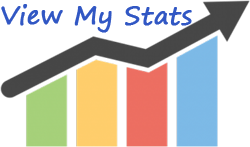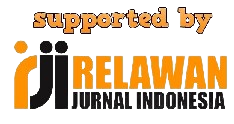A Measuring the Maturity Level of the Organization in the Process Software Development Using the CMMI-Dev Method
DOI:
https://doi.org/10.31294/paradigma.v24i2.1358Keywords:
consistent and stable, CMMI-Dev, SDLC, SOP, Activity Based CoatingAbstract
The great influence of technological developments on many aspects of life, among others, is seen in major changes in economic, social, and political processes, and even the world of education. As experienced by the College of XX, an organization engaged in the world of education. The implementation of information technology products such as applications has been carried out, but it was found that during the development period until now, the College of XX has never measured the level of organizational maturity in the software development process, so the organization cannot know what system performance is like, and what kind of feedback from users include students, lecturers, education staff on the performance of the system they have. Therefore, it is necessary to measure the level of organizational maturity in the software development process using the CMMI-Dev method. Based on the 22 process areas offered by CMMI-Dev, then adjustments are made to the process area with the system that is owned, the process area in question is Product Integration (PI) or Product Integration and Validation (VAL) or Validation. After conducting the Gap Analysis, it was found that the maturity level (maturity) is 3.5 with a nominal gap value of 0.5 and the percentage gap value of 50% is the lowest Gap, it is concluded that the organizational maturity level is currently at level 2. This means that the process has been planned and carried out in accordance with existing policies, and the human resources employed are skilled in their fields and have other adequate resources. However, in its application, there are still domains that must be improved and improved in order to reach the maximum level. It is recommended to implement the SOP and always evaluate whether the process has behaved consistently and stably.
Downloads
Published
How to Cite
Issue
Section
License
Copyright (c) 2022 Frangky

This work is licensed under a Creative Commons Attribution-ShareAlike 4.0 International License.
Paradigma is an open-access article distributed under the terms of the Creative Commons Attribution-ShareAlike 4.0 International License (https://creativecommons.org/licenses/by-sa/4.0/) , This license permits: Share — copy and redistribute the material in any medium or format for any purpose, even commercially, Adapt — remix, transform, and build upon the material for any purpose, even commercially.




















 Jl. Kramat Raya No.98, Kwitang, Kec. Senen, Kota Jakarta Pusat, DKI Jakarta 10450
Jl. Kramat Raya No.98, Kwitang, Kec. Senen, Kota Jakarta Pusat, DKI Jakarta 10450
